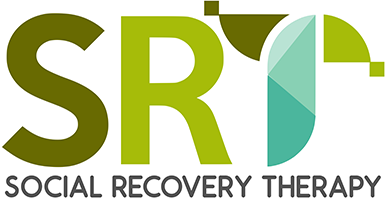Evaluating an early intervention in psychosis service for ‘high‐risk’ adolescents: Symptomatic and social recovery outcomes
Rebecca Lower, Jonathan Wilson, Evelina Medin, Emma Corlett, Ruth Turner, Karen Wheeler, and David Fowler
Abstract
Aim
This study presents client characteristics and treatment outcomes for a group of young people seen by Central Norfolk Early Intervention Team (CNEIT). The team offers an intensive outreach model of treatment to young people with complex co‐morbid emotional, behavioural and social problems, as well as the presence of psychotic symptoms.
Methods
Outcomes include both client self‐report and clinician‐rated measures. Data are routinely collected at acceptance into service, after 12 months of service and at point of discharge.
Results
Data show that clients seen by the CNEIT youth team are a group of young people at high risk of developing long‐term mental illness and social disability. Outcomes show significant reductions in not only psychotic symptomatology, but also co‐morbid anxiety and depression, as well as improvements in social recovery. At the end of their time with the service, the majority of clients are discharged back to the care of their general practitioner, which indicates that the team successfully managed to reduce the complexity of needs and difficulties associated with this client group.
Conclusions
Outcomes support the use of an intensive outreach approach for young people at high risk of developing psychotic disorders. It has been suggested that this model may be successfully broadened to young people with other emerging, potentially severe or complex mental disorders. Norfolk and Suffolk NHS Foundation Trust has built on the success of its youth early intervention team and innovatively redesigned its services in line with this model by developing a specific youth mental health service.
